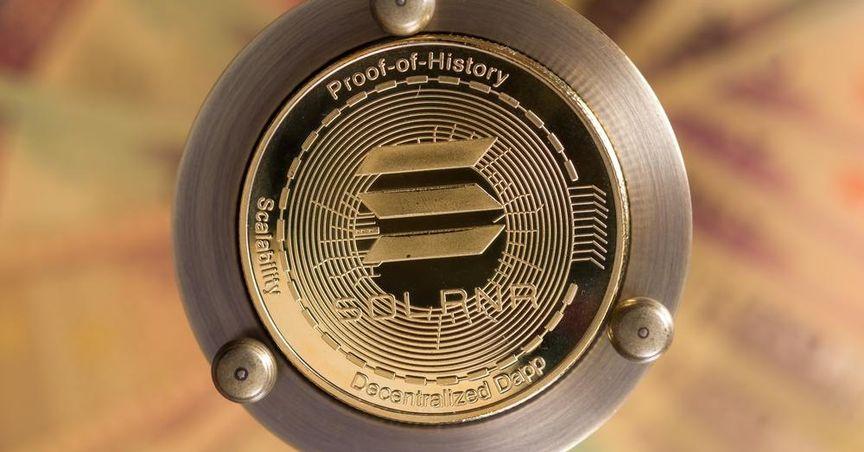At Korea Blockchain Week (KBW) 2024, Dan Albert, Executive Director of the Solana Foundation, addressed concerns regarding the decentralization of the Solana network in response to recent criticisms. Albert's remarks were prompted by a security incident disclosed by Solana validator Laine on August 9, 2024. This incident involved a critical vulnerability that had the potential to disrupt the network if exploited.
Laine detailed that the validators coordinated a patch behind the scenes to address the vulnerability, which could have led to significant network disruption. The discrete nature of this patch deployment led some observers to question whether such coordination implied centralization within the {Solana} (SOL) network.
Albert clarified that the patching process was a necessary response to a security threat and emphasized that it does not indicate centralization. He explained that the Solana Foundation's ability to coordinate a fix with node operators is a function of the network's open communication channels rather than a sign of centralization. Albert noted that while some entities operate multiple nodes, the coordination for this patch was conducted transparently and was open-source, meaning that no proprietary, closed-source software was used or mandated.
Albert reiterated that validators maintain autonomy over the software they choose to run and highlighted that communication with them, while essential for network security, does not equate to centralization. The Solana network’s decentralized nature, according to Albert, is evidenced by the broad distribution of validators and their independent decision-making capabilities.
This incident is not the first instance of centralization concerns surrounding Solana. Similar accusations were made in 2022, with critics suggesting that the network's control could be concentrated among a few influential entities. However, proponents, including the decentralized finance (DeFi) firm Unstoppable Finance, have defended Solana’s decentralization by pointing to its substantial validator count compared to other blockchains.
Overall, Albert’s comments aim to reassure the community about Solana’s commitment to decentralization and transparency, reinforcing the network's resilience and collaborative approach to maintaining security.





